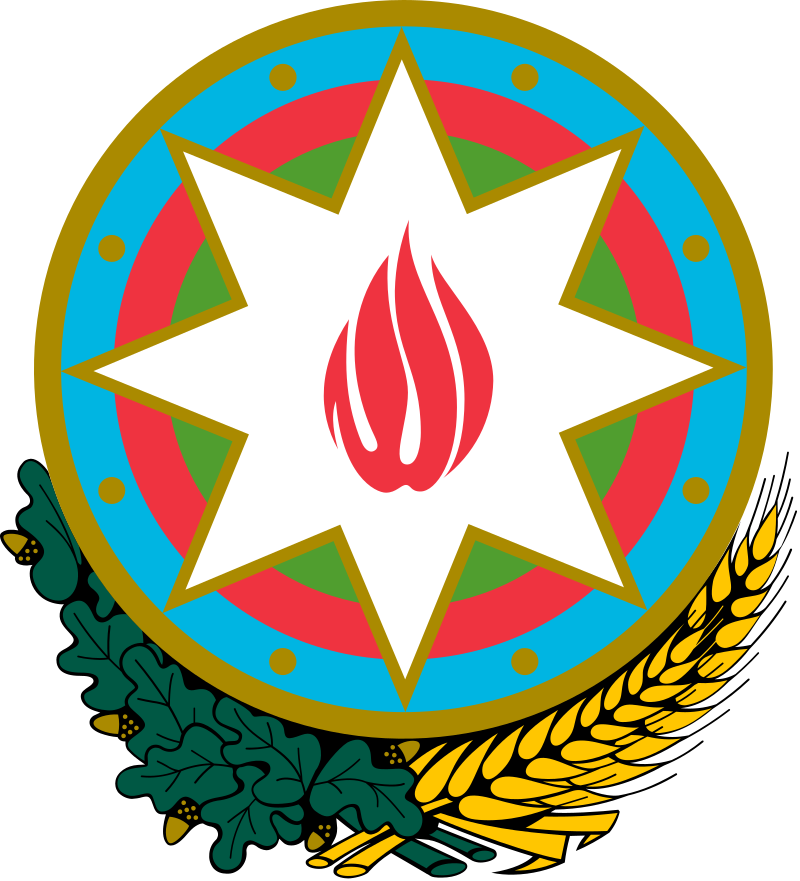Statement at the high-level Meeting of the General Assembly on Middle-Income Countries “Addressing Structural Barriers to Sustainable Development” delivered by Mrs. Nigar Bayramli, Second Secretary
|
Azərbaycan Respublikasının |
 |
Permanent Mission |
|
633 Third Avenue, Suite 3210, New York, N.Y. 10017 |
||
|
Statement at the high-level Meeting of the General Assembly on Middle-Income Countries “Addressing Structural Barriers to Sustainable Development” delivered by Mrs. Nigar Bayramli, Second Secretary
New York, 1 April, UNGA Hall
Excellencies,
I wish to begin by expressing our appreciation to the President of the General Assembly for convening this important meeting on middle-income countries (MICs). MICs are central to the global development equation. They are home to over 70% of the world’s population, generate more than one-third of global GDP, and are indispensable to achieving the Sustainable Development Goals. Yet, MICs continue to face persistent and complex structural barriers—from limited access to concessional finance, to increased vulnerability to climate shocks, and exclusion from global decision-making processes. Over the past three decades, Azerbaijan has transformed into an upper-middle-income country, increasing its per capita income by an impressive 60-fold. This remarkable progress has been driven by strategic investments in infrastructure, education, and economic diversification. Guided by a noble call to leave no one behind, Azerbaijan has continued to extend a helping hand to countries in need. Since 2020, we have provided over USD 330 million in humanitarian, economic, and technical assistance to more than 140 countries. These efforts reflect our firm belief in shared development, mutual responsibility, and global solidarity. Our cooperation model emphasizes South-South and triangular partnerships. Through the Azerbaijan International Development Agency (AIDA), we are working closely with the United Nations Office for South-South Cooperation (UNOSSC) to scale up initiatives that advance financial inclusion, digital transformation, climate adaptation, and agricultural innovation—key areas in overcoming structural barriers across MICs.
Distinguished delegates, Climate change remains the defining challenge of our time. Despite 2024 being one of the most challenging years for global climate action, COP29 hosted in Baku last November demonstrated that unity and determination can drive meaningful progress. Through the collective efforts of all Parties, we delivered the Baku Climate Unity Pact (BACU Pact), which set a firm foundation for enhanced implementation and support for climate action. While much remains to be done, particularly in securing scaled-up adaptation finance, COP29 laid the groundwork for stronger action. With the next round of NDCs on the horizon, this development arrives at a crucial moment to support enhanced ambition. As the current President of COP, we are working closely with all stakeholders to ensure the momentum generated in Baku is not only sustained but strengthened and translated into concrete progress—particularly in areas of deep concern to the vulnerable countries. We are also expanding the reach of the COP29 Action Agenda Initiatives, securing broader international endorsements to ensure their alignment with the priorities of countries too often overlooked in traditional financing frameworks. These initiatives span vital areas such as energy transition, climate-resilient infrastructure, water and food security, and sustainable cities. Looking ahead, Azerbaijan will proudly host the 13th Session of the World Urban Forum next year, providing yet another global platform to reinforce our shared commitments. The Forum will advance dialogue and action on sustainable cities and urban resilience—challenges particularly relevant to MICs facing rapid urbanization and growing infrastructure needs.
Excellencies, As outlined in the Pact for the Future, addressing the needs of developing countries—including least developed countries, landlocked developing countries, and small island developing states—as well as the specific challenges facing middle-income countries, is essential to achieving our shared goals. We fully support this vision. The Pact, as a negotiated outcome, offers a blueprint for building a more just, sustainable, and prosperous world for all. Azerbaijan stands ready to work hand-in-hand with all partners to ensure that middle income countries are no longer defined by limitations but empowered by opportunity. Thank you.
|
||

